Advocacy
60 mins
Human Rights Monitoring, Reporting and Advocacy
- Abstract:
- This course builds on the Human Rights in Practice – The Right to Freedom of Religion or Belief course. This course will provide human rights defenders with a working knowledge of human rights monitoring, reporting and advocacy as these relate to the right to freedom of religion or belief (FoRB).
- About this course:
- The course unpacks core principles and practicalities of undertaking effective reporting, monitoring and advocacy for the right to freedom of thought, conscience, and religion or belief (FoRB). To this end, the course first delves more generally into human rights-based reporting and monitoring, ensuring a ‘do no harm approach and the criticality of verification. The security of gathering information – both physical and, increasingly, digital – is explored before diving into the role of indicators for evidence-based reporting.
- What do I learn:
- We designed this introductory course to familiarize civil society actors with the basics of undertaking human rights monitoring, reporting and advocacy for FoRB.
- What do I need to know:
- As an introductory course, deep subject matter knowledge is not expected at all. However, we encourage completing Human Rights in Practice – The Right to Freedom of Religion or Belief course to understand the international legal FoRB framework; we build upon this framework to unpack the basics of monitoring, reporting and advocating for FoRB.
- 1.1 Introduction to the course1.2 Quiz - Measuring your knowledge
- 2.1 Human Rights-Based Approach to reporting and monitoring
- 3.1 Human Rights-Based Approach to Reporting & Monitoring: Do No Harm Principle
- 4.1 Verification
- 5.1 Digital and Physical Security
- 6.1 An Introduction to Indicators and Operationalization in Reporting Contexts
- 7.1 Mechanisms of Oversight
- 8.1 Writing for International Law Contexts
- 9.1 Structuring and Executing a Report
- 10.1 International Advocacy
- 11.1 Final Quiz
- 12.1 Wrap up video
Related courses
 CUNY Brooklyn College
CUNY Brooklyn College
90 mins
 CUNY Brooklyn College
CUNY Brooklyn College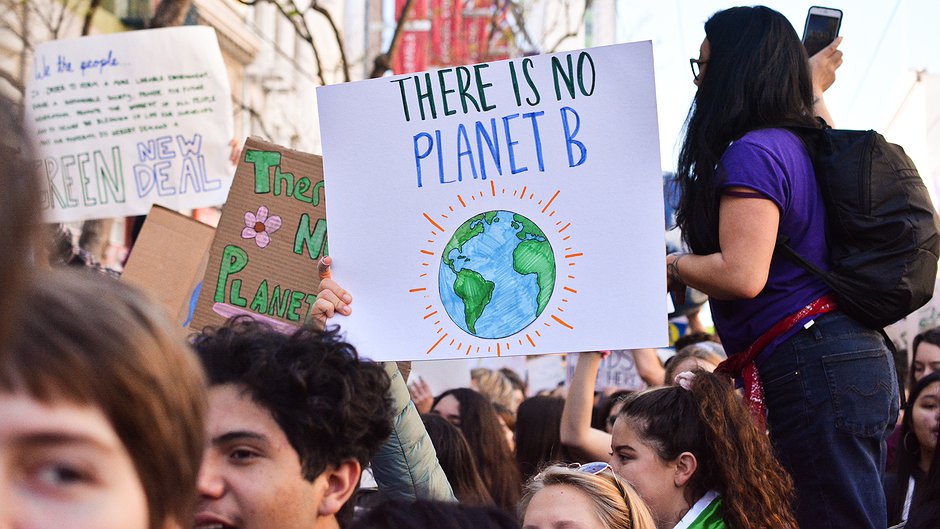
40 mins
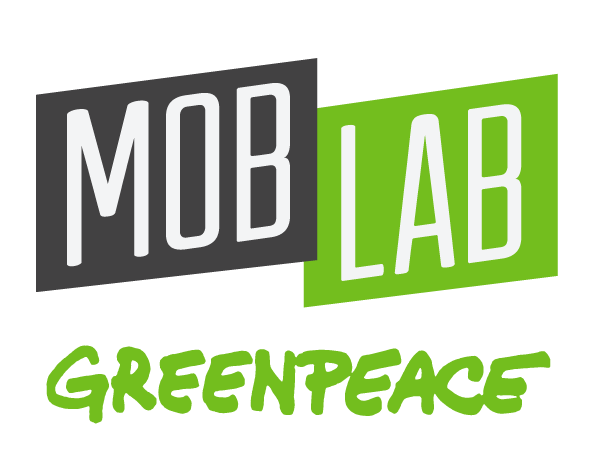 Greenpeace Mob Lab
Greenpeace Mob Lab
40 mins
 Greenpeace Mob Lab
Greenpeace Mob Lab
Suggested reading

Blog
Building Capacity for Monitoring & Documenting Human Rights Violations
The purpose of this assessment is to evaluate the efficacy of strategies used by HRPs/HRMOs for communicating during blackouts. The goal of this project envisages to see a ZimbabweanCivilSociety that is prepared to document and monitor human rights violations without hiccups during internet shutdowns.
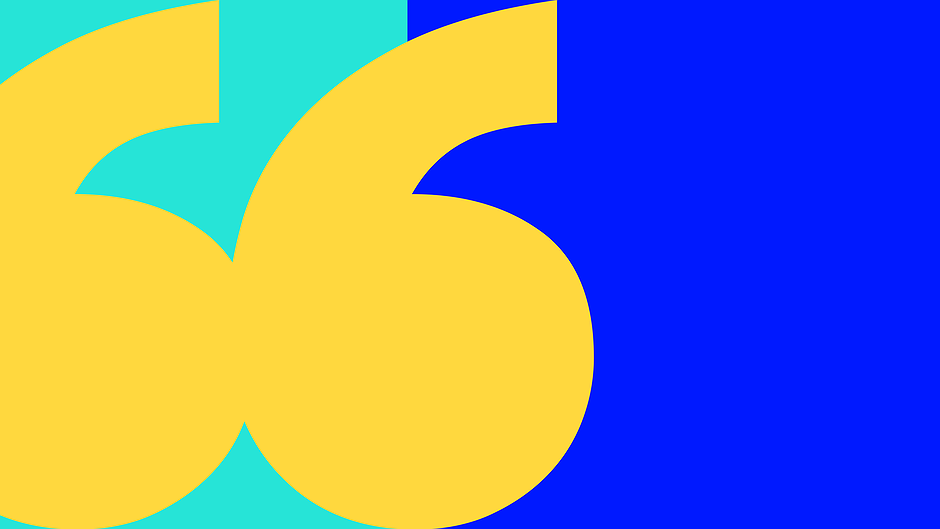
Blog
Advocacy Assembly Internet Shutdown Academy: Creative Strategies to Fight Back
Internet shutdowns are occurring increasingly globally, posing significant threats to freedom of expression, access to information & economic growth. These shutdowns manifest in various forms through different technical measures & are implemented by governments in various circumstances. Responding to this threat of internet shutdowns, Advocacy Assembly designed the Internet Shutdown Academy, a set of 10 full online courses in 7 languages!
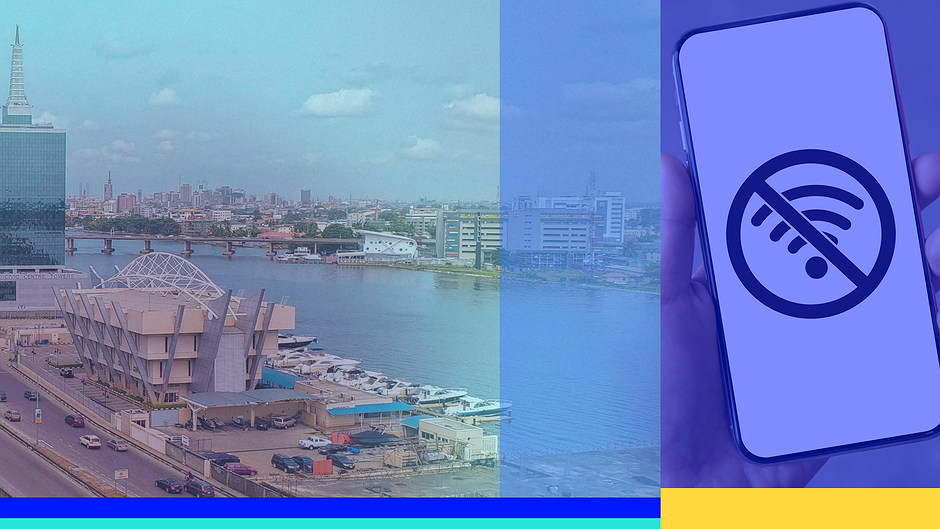
Blog
Evaluating the Efficacy of State-Imposed Telecom Shutdowns in Northwest Nigeria
This article casts doubt on the shutdowns' effectiveness in curbing banditry, exposing alternative explanations for any temporary decrease in attacks. It questions the legitimacy of justifying these shutdowns as effective counter-terrorism measures, advocating for alternative approaches that prioritize community engagement, human rights, and development initiatives to address the root causes of insecurity and foster lasting peace in Northwestern Nigeria and Nigeria at large.

Blog
Impact of the Twitter Ban in Nigeria
This post is a research study on the impact of the Twitter ban in Nigeria on Human Rights Monitoring, Advocacy and Creativity. Read more.
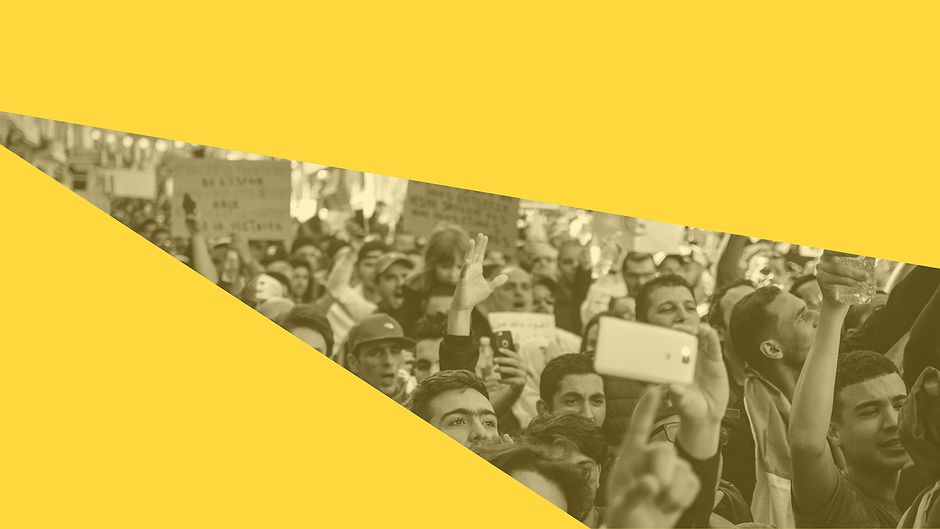
Blog
Four Free Toolkits to Fight Internet Shutdowns
Let’s tell you a little bit more about each toolkit!
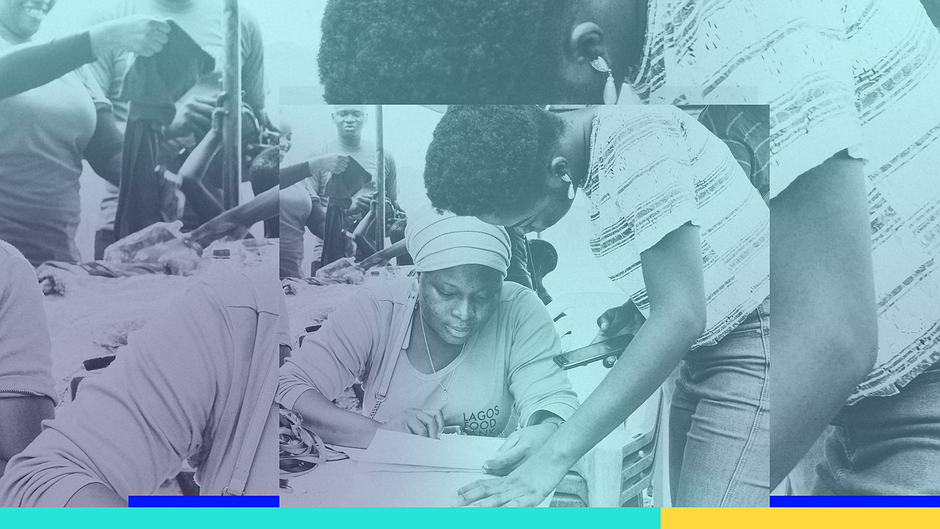
Blog
The Impact of Internet Disruptions on Farmers in Nigeria
In Nigeria’s Northwestern Sokoto State, farm workers grapple with geopolitical challenges, shifting climate realities, and economic turbulence. However, they now face a new, growing threat: a troubling rise in internet disruptions, which threatens their ability to work in an increasingly digitally connected world. Read more.